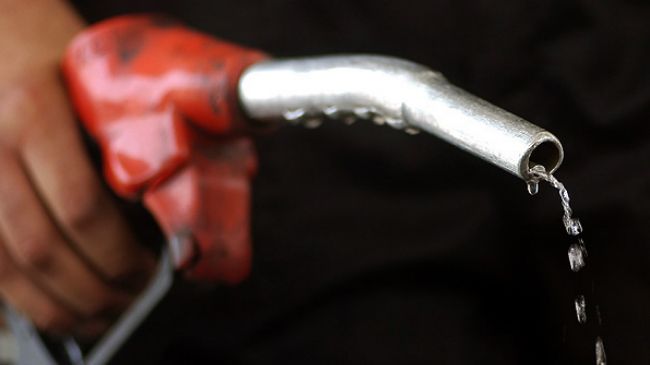Gas prices around Austin, and in the larger scheme of things, the entire country, have steadily been going down. Regular gas is available for as little as $1.70 per gallon—enabling more students to afford a full tank of gas.
The primary cause of the falling gas prices are the falling demand for it—as part of the government’s initiative to slash greenhouse emissions by 2020—as well as significantly increased oil production. It’s simple economics that with a falling demand, but an increased availability of a resource, it will inevitably become cheaper.
“I think it’s great that gas prices are going down,” Nate Hendrix ‘16 said. “I’m paying less than half of what I paid four months ago. That leaves me with more money for the things I want.”
Additionally, due to tensions in the Middle East, OPEC, the governance committee regulating petroleum exports, have declined to reduce production. This is mainly because the U.S.’ policy has been to largely disregard their existence.
Recent technological advances that allow greater yields from oil deposits—such as those that were previously ignored due to being unprofitable—have contributed to driving down prices. Fracking, a technique that uses hydraulic pressure to split rocks and get to oil, is one of these techniques. Because of such techniques, the U.S.’ oil output has been increasing steadily since 2008.
“Lower gas prices are nice, because they encourage competition and leave everyone with a little more money,” Murtaza Hakimi ‘16 said. “However, we need to ensure we’re not damaging the environment with how we get our oil. I certainly would rest easier if I knew that the extra money I have isn’t because oil companies mess up the environment.”
However, these new techniques are being increasingly questioned by environmentalists, community leaders, and citizens alike. The environmental impacts of fracking have not been studied completely, and while many agree that fracking itself is safe, the waste that results from it, and in turn, the manner in which it is disposed of, is not. Fracking generates huge amounts of waste water, which must be specially filtered of heavy metals, as well as radioactive particles, before it can be treated like normal wastewater.
So while the fall of gas prices is nice for already cash-strapped students, it is important to remember that these prices are a result of increased intrusion into unspoiled patches of nature—and that while it’s great to fill up for $30—it’s essential that the environment isn’t spoiled by wasteful tactics.








![On Tuesday, March 5, otherwise known as Super Tuesday, voters cast their votes at polling stations such as the Austin Public Library. As a result of the 2024 presidential primaries, Republican Donald Trump and Democrat Joe Biden are the official party nominees, but many young people dont feel like either candidate represents them. Its just [between the] lesser of two evils, Lexy Hall 24 said. We really just havent had a good president in a while. We havent had someone who has been making good change because our country has become so extremist.](https://westwoodhorizon.com/wp-content/uploads/2024/03/IMG_1270-1200x900.jpg)